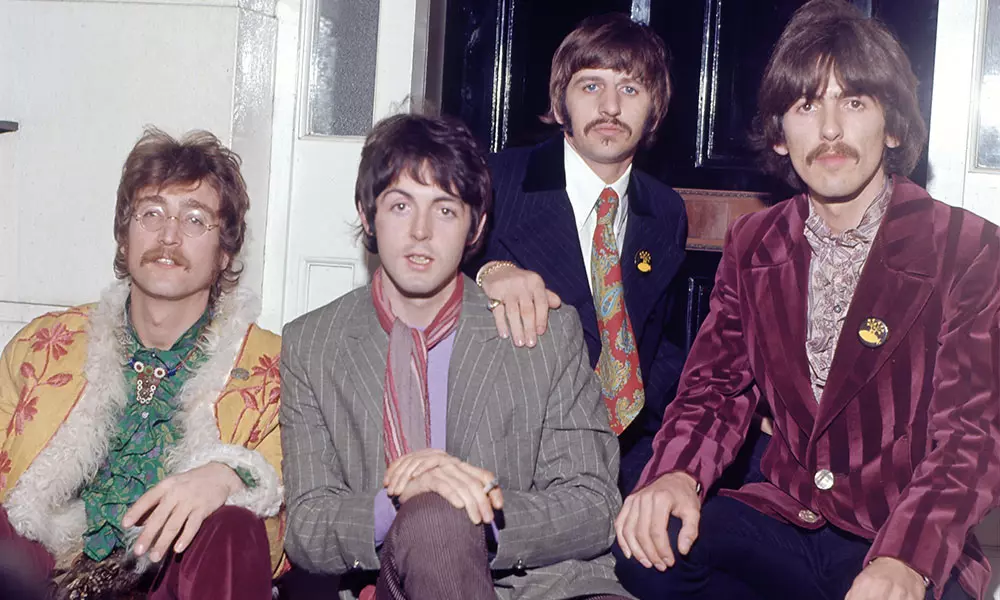As the unparalleled musical force in history, The Beatles found themselves not only adored by millions of fervent fans but also entangled in the darker, more perilous aspects of their era. The immense visibility of the Liverpudlian quartet meant that along with adulation came unwelcome attention, ranging from threats by extremist groups to the seedy criminal underbelly of the 1960s.
In an era marked by lenient law enforcement and a heightened presence of criminal enterprises, opportunistic figures sought to exploit the most lucrative cultural phenomena available, enter The Beatles. Ironically, the band’s journey into the shadows began in their formative years in Hamburg, where, as fresh-faced 17-year-olds, they found themselves amidst gangsters, pimps, sex workers, and bouncers armed with truncheons and knuckledusters. George Harrison reminisced about those times, labeling it “good fun” to be immersed in such a den of villainy.
During their ascent to the pinnacle of popular culture, The Beatles attracted a slew of shadowy characters with outstretched hands and seemingly friendly smiles. Notably, Allen Klein, a dubious figure who managed the band towards the end of their tenure, became a significant source of trouble. Klein faced years of litigation not only from The Beatles but also from his other high-profile clients like The Rolling Stones. Paul McCartney, in particular, never trusted him.
According to Harrison, Klein was just one facet of the problem. The band’s company, Apple Corps, became a target for infamous “gangsters,” resulting in financial losses for each member derived from their creative endeavors. Harrison described the situation as “dreadful,” highlighting how all the earnings from Beatles records and films flowed into Apple, a company that had been pilfered by various infamous figures.
In an interview, Harrison recounted the turmoil: “It was a mess, and Paul was suing us three because we had this guy managing us, and it was just a mess.” He went on to reveal the personal toll, narrating an incident where an unnamed criminal had him tied up in legal complications. His own song publishing company in New York became entangled in illegalities, posing a threat to his copyrights. The arrival of Denis O’Brien became a lifeline, allowing Harrison to breathe again as O’Brien salvaged what pieces he could and organized a semblance of order from the chaos.
